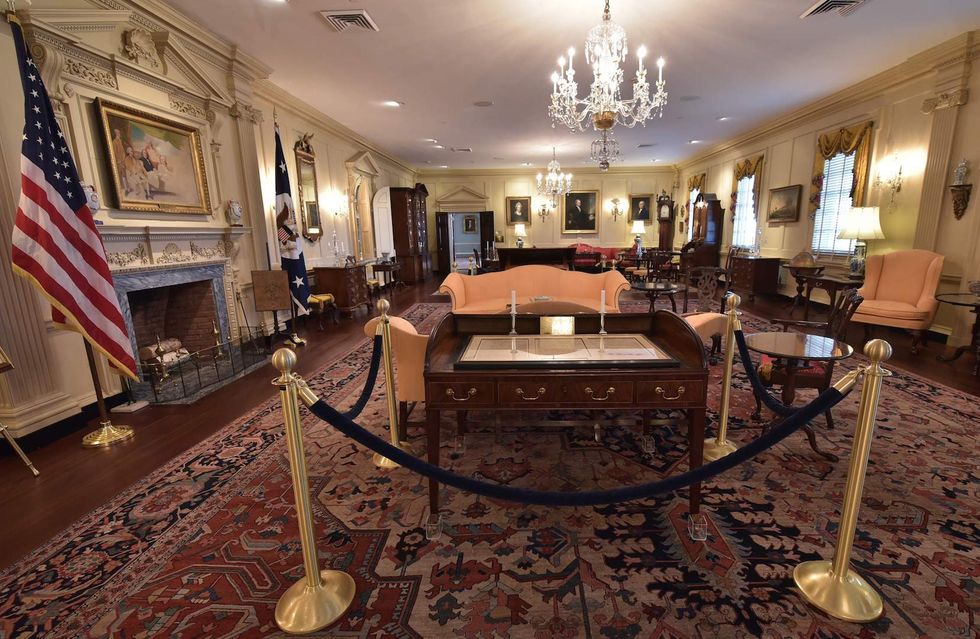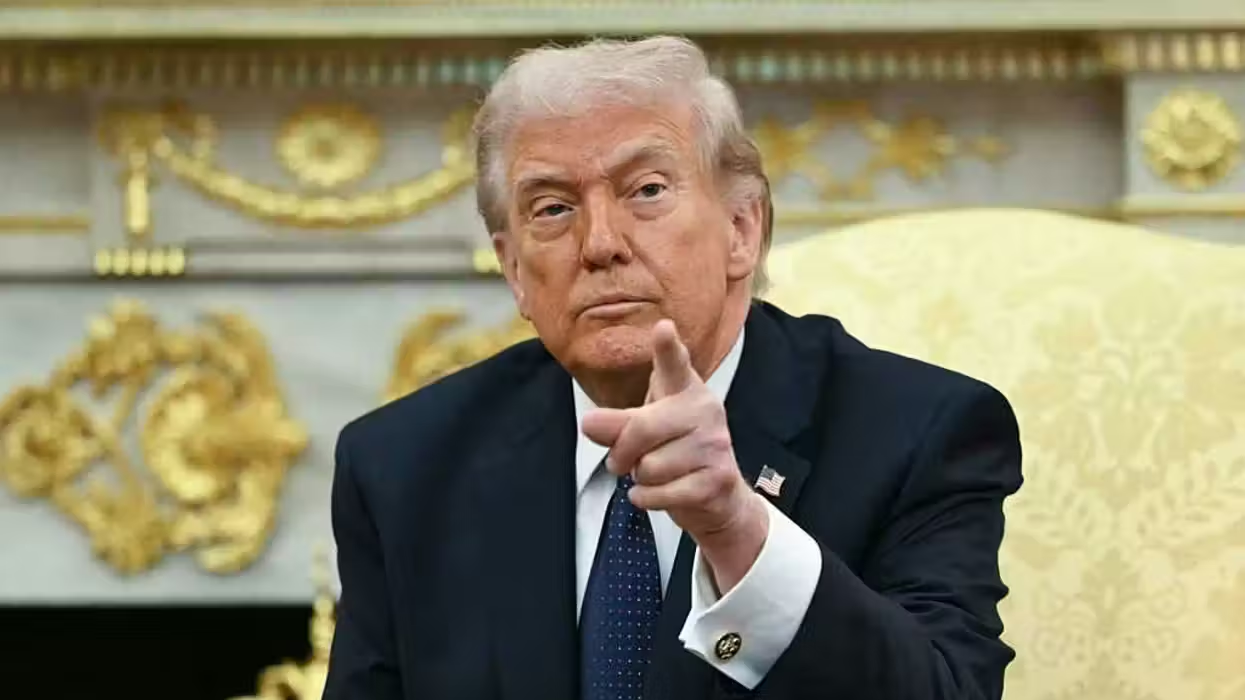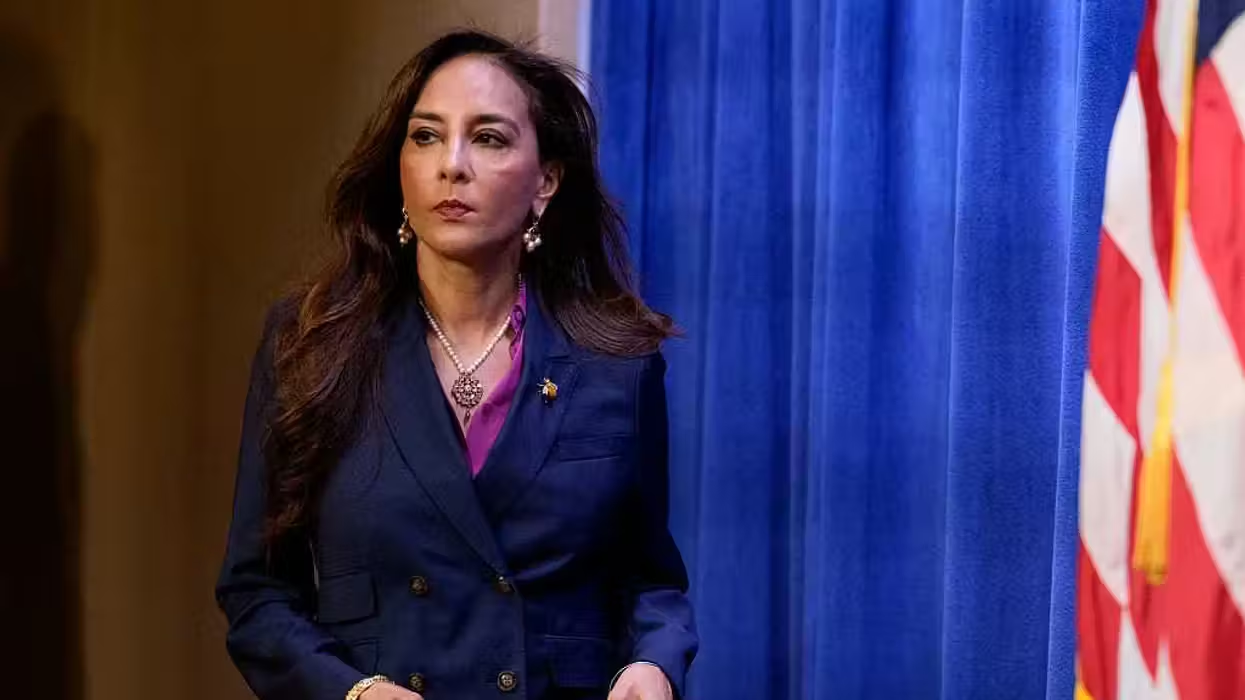PARIS; SEPTEMBER 3, 1783— In a monumentous event that will surely change the balance of power in Europe and across the globe, the British government has signed a treaty recognizing the independence of its former colony, the United States of America.
America's recognition as an independent country formalizes what has long been considered a foregone conclusion since the surrender of Lord Cornwallis' forces in Yorktown, Virginia. After Cornwallis' military disaster, the British government has faced considerable unrest and upheaval, which saw the government of Lord North fall in favor of the Earl of Shelburne, who promptly began negotiations with the American diplomatic team of John Adams, Benjamin Franklin, and John Jay. Adams had been dispatched to France in 1779 for peace talks that were at that time still very premature. Adams ran personally afoul of French diplomat Charles Gravier, Count of Vergennes, and sources indicate that the bulk of negotiating with the French was carried out by Franklin and Jay.
Together, the trio of negotiators deftly maneuvered through a delicate bargaining situation, and ensured not only that Britain offered generous terms to the Americans, but also that America did not end up as a vassal state of France. According to the terms of the treaty, Britain will be required to return Florida to Spain, but will be permitted to retain its territory in Canada. British forces will immediately commence withdrawal from American territory. America will be granted all other land currently held by Britain on the North American continent as far west as the Mississippi River, greatly enlarging the fledgling country's size and providing plentiful territory for new settlers to claim. The settlement of land west of Appalachia was an especially thorny point of contention between American colonists and the British government prior to the start of the war.
Most surprisingly, the British agreed to terms that did not require the American colonists to pay reparations to loyalists for property damaged during the war. Instead, the treaty simply required Congress to advise each of the American colonies to make restitution for "rights and properties which have been confiscated." Colonists will likewise be required to pay prewar debts to British creditors "in Sterling Money."
The terms of the treaty represent almost total victory for the American negotiating team, and reflect not only America's strong bargaining position, won by the army at Yorktown, and Shelburne's eagerness to put the war behind him, on behalf of Great Britain. Sources inside the French government indicate that Vergennes and others were angered to learn that the Americans had concluded a separate piece with the British. One anonymous French diplomat claimed that America's decision would likely encourage Britain to take a harder line with France than they otherwise would have during the course of negotiating a joint treaty. However, a swift and passionate apology from Benjamin Franklin seems to have averted more open hostility between America and France, and France has even indicated a willingness to extend financial aid to the fledgling country as a way to ensure America's continued indpendence from this day forward.







